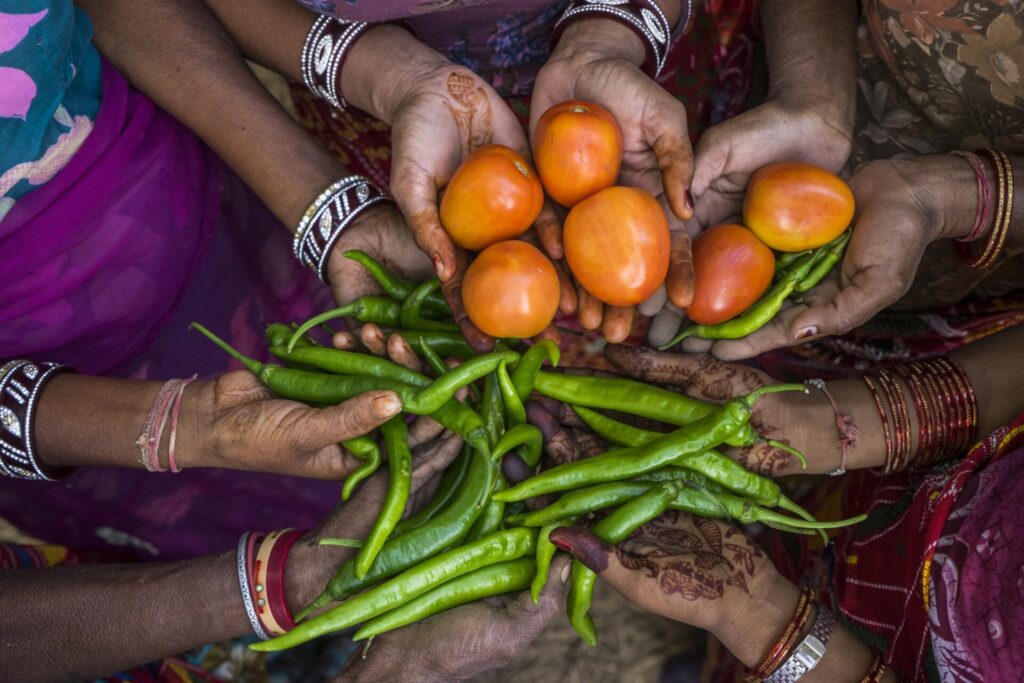The IsDB Group is financing agricultural and food security initiatives across 1,538 operations to the amount of USD 20.6 billion.
The Islamic Development Bank (IsDB) Group has approved a USD 10.54 billion comprehensive Food Security Response Program (FSRP) in order to support member countries in coping with the ongoing global food crisis. The new funding is a continuation of IsDB’s ongoing support and aims to ensure future resilience among member states.
The new agreement was approved in an extraordinary meeting of the IsDB Board of Executive Directors, the Board of Directors of the Islamic Solidarity Fund for Development (ISFD), and the Board of Directors of the Islamic Corporation for the Insurance of Investment and Export Credit (ICIEC).
The ISDB Group’s member states hail from the GCC, the wider Middle East, Africa and Asia.
IsDB: New approvals and fast-tracking
As a result of the agreement, the IsDB will provide up to USD 5.7 billion in financing to member countries, with new approvals worth USD 4.0 billion and the fast-tracking of disbursements for existing projects worth USD 1.7 billion.
As part of its “One Group-One Goal” approach, the program involves significant and direct contributions by IsDB Group entities as follows, including USD 4.5 billion from the International Islamic Trade Finance Corporation (ITFC) to finance trade, USD 269 million for private sector development operations from the Islamic Corporation for the Development of the Private Sector (ICD), USD 75 million in loans, grants, and capital resources; and USD 500 million in political and credit insurance coverage offered by The Islamic Corporation for the Insurance of Investment and Export Credit (ICIEC).
Alongside the funds, the Islamic Development Bank Institute (IsDBi) will provide data, analytics, and evidence-based support for effective and impactful decision-making.
Short- and long-term initiatives
The financing package is expected to provide immediate financing of up to USD 3.2 billion over the coming 18 months for short-term interventions including the provision of emergency food and agricultural supplies and social protection and livelihood support to the most vulnerable populations.
Over the next three years, the primary focus of the program and the bulk of the remaining USD 7.3 billion will be spent on developing innovative medium- and long-term interventions to address structural weaknesses and the root causes of food insecurity in the member states.
The longer term issues the IsDB Group seeks to address are: low productivity, rural poverty, climate change, and the weak resilience of regional and national agricultural and food systems. The issues will be addressed through the building of agricultural resilience to climate change, supporting food and input value-chains, improving smallholders’ productivity and market access, providing rural livelihood support, supporting livestock and fisheries development and building resilient food supply systems.
According to the IsDB Group, the organization currently finances 1,538 operations aimed at improving agriculture and food security for a total of USD 20.6 billion.
In May, the International Islamic Trade Finance Corporation (IFTC) raised Egypt’s credit limit to USD 6 billion to address the rising costs of wheat.

1 Comment
Pingback: Growth in Sub-Saharan Africa set to decline in 2022